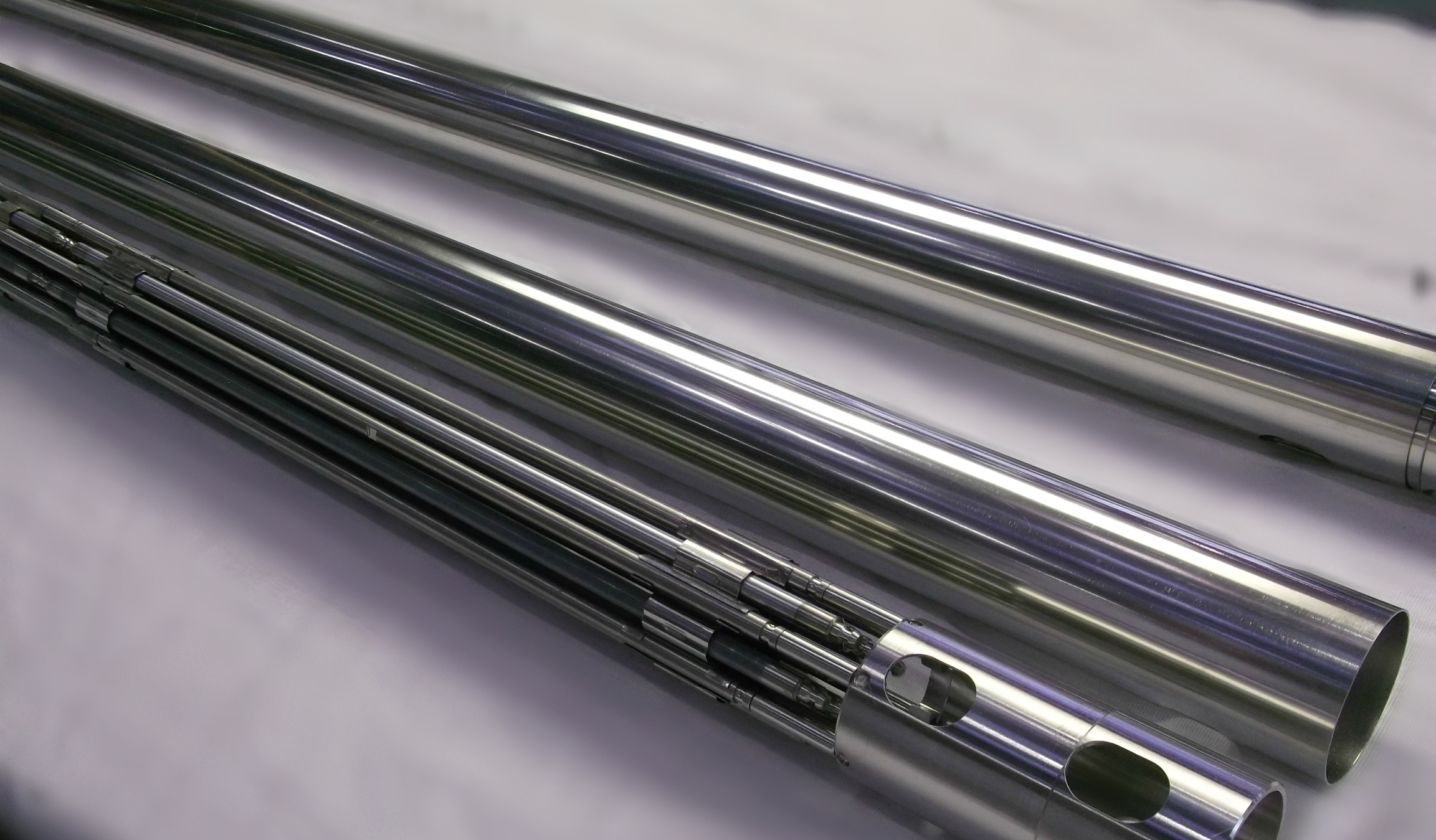TVEL Fuel Company of Rosatom has completed the first phase of Russian accident-tolerant fuel (ATF) reactor testing, provided at Rosatom’s Research Institute of Atomic Reactors in Dimitrovgrad, Ulyanovsk Region.
Two experimental ATF fuel assemblies with VVER and PWR fuel rods were loaded into the water loops with the relevant water-chemical modes of the MIR research reactor in January, 2019. Each fuel assembly contains 24 fuel elements with four various combinations of cladding and fuel matrix materials. Fuel pellets were made of traditional uranium dioxide, as well as uranium-molybdenum alloy with increased density and thermal conductivity. Zirconium alloy with a chromium coating and chromium-nickel alloy were either used as the rod cladding material.
After the first irradiation cycle, both fuel assemblies were removed from the reactor. Its preliminary examination, performed on-site by the team from the Bochvar Institute for Inorganic Materials (a research facility of TVEL Fuel Company in Moscow), revealed neither changes in the fuel rods geometry, nor damage to the cladding surface. Several fuel rods of each fuel assembly were extracted for further post-irradiation studies, the results will help to determine and choose the optimal combination of materials. Instead of the extracted fuel rods, new non-irradiated samples were installed into the fuel assemblies for further irradiation testing in the MIR reactor.
"Russian ATF project goes on as planned. In 2020, we are committed to expand the testing programme to irradiation in a commercial reactor. In particular, we plan to load a batch of fuel assemblies with several ATF fuel rods into one of Russian operational VVER-1000 reactors. Further on, we may consider testing of some other materials for fuel pellets and rod claddings", commented Alexander Ugryumov, Vice President for Research and Development at TVEL JSC.
ATF is nuclear fuel resistant to severe beyond-design basis accidents at NPPs with the loss of coolant in the reactor. Even in case of heat removal failure in the core, ATF is supposed to keep its integrity for a long enough time without a zirconium-steam reaction inducing hydrogen release. ATF is of critical importance for further elevating the integral safety and reliability of nuclear power. Research, design and testing of the accident tolerant fuel in TVEL Fuel Company is provided and coordinated by the Bochvar High-Technology Scientific Research Institute of Inorganic Materials.

